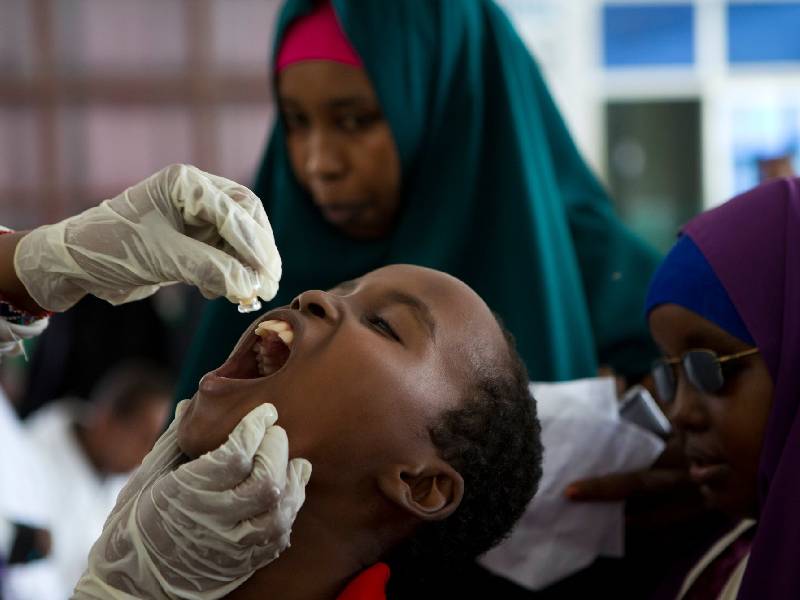No cholera outbreak at British Army camp, Laikipia County says

By Eunice Omollo |
Laikipia County has denied reports of a cholera outbreak at the British Army camp in Nanyuki and asked the public to be wary of false information about the disease.
This follows reports earlier on Friday that multiple cases of severe diarrhoea had been documented at the camp.
"The Laikipia Health Service has confirmed with the Medical and Surveillance Teams at the camp that there is no case of cholera or any other disease of public health concern at the camp," Laikipia Health executive Albert Taiti said in a statement.
Keep reading
Taiti further asked the public to be cautious about the disinformation and misinformation surrounding the idea that cholera is a zoonotic disease transmitted from monkeys to humans.
The report earlier on Friday said the British Army in Kenya had confirmed a severe diarrhoea outbreak and that "a unique parasite sub-type linked to farmed monkeys in China" had been identified.
The county health department asked the public to observe healthy habits for prevention and protection from diseases.
According to the World Health Organization (WHO), cholera is "an acute diarrhoeal disease that can kill within hours if left untreated".
The WHO also says:
Cholera is a disease of poverty affecting people with inadequate access to safe water and basic sanitation.
Conflict, unplanned urbanisation and climate change all increase the risk of cholera.
Researchers have estimated that each year there are 1.3 to 4.0 million cases of cholera and 21,000 to 143,000 deaths worldwide due to cholera.
Most of those infected have no or mild symptoms and can be successfully treated with an oral rehydration solution.
Severe cases need rapid treatment with intravenous fluids and antibiotics.
Provision of safe water and basic sanitation, and hygiene practices is critical to prevent and control the transmission of cholera and other waterborne diseases.
Oral cholera vaccines should be used in conjunction with improvements in water and sanitation to control cholera outbreaks and for prevention in areas known to be high risk for cholera.
Reader comments
Follow Us and Stay Connected!
We'd love for you to join our community and stay updated with our latest stories and updates. Follow us on our social media channels and be part of the conversation!
Let's stay connected and keep the dialogue going!











